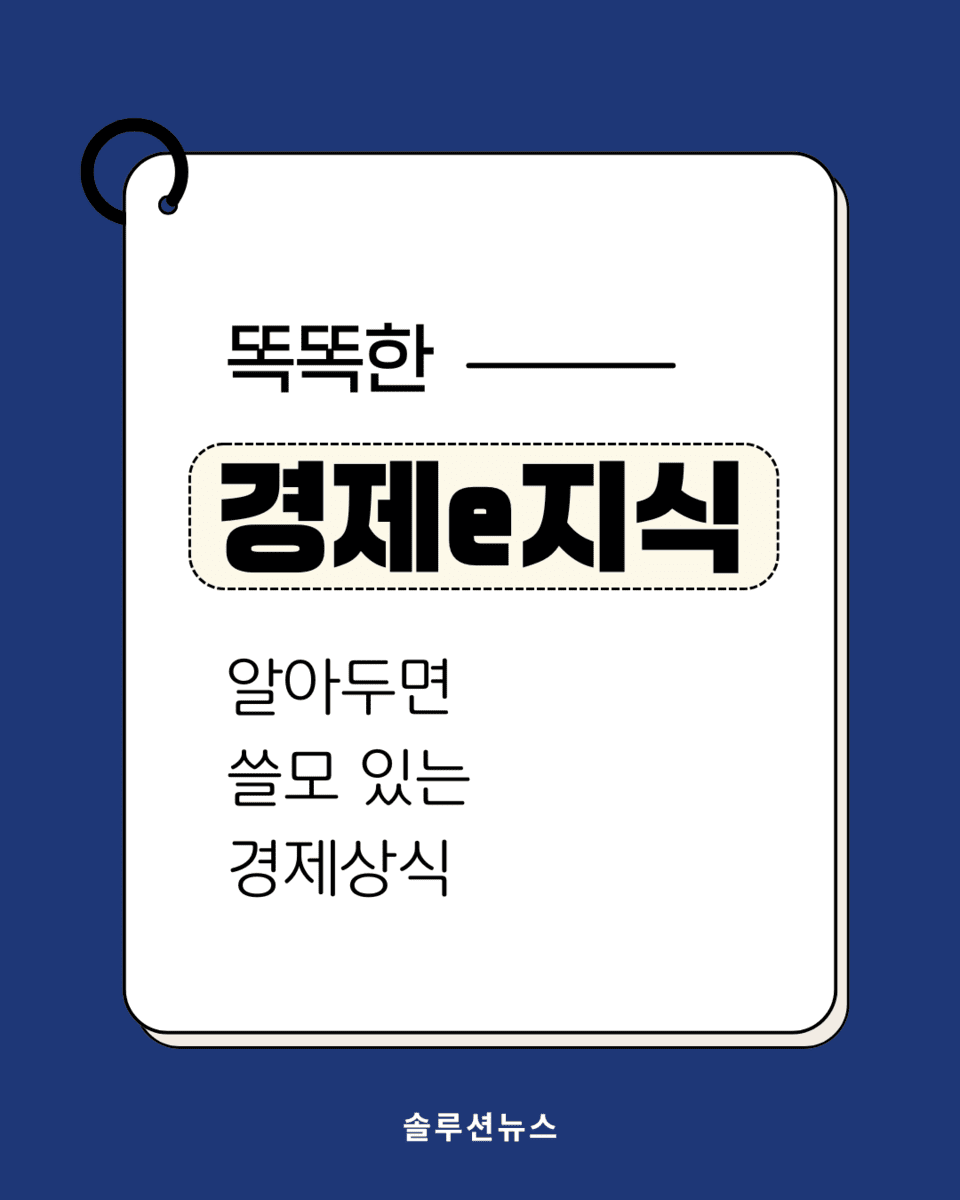The term “Octogenarian” refers to individuals aged between 80 and 89. It is a combination of the Latin word “octo” (eight) and the English suffix “-genarian” (age group), used to classify older age groups like Septuagenarians in their 70s and Nonagenarians in their 90s. In the past, they were merely considered long-lived seniors, but with increasing lifespans, Octogenarians are now seen as independent consumers and active participants in the economy.
According to the Korean Statistical Office, the population over 80 years old surpassed 2.2 million in 2024, accounting for 4.2% of the total population. As the baby boom generation enters old age, this number is rapidly increasing each year. In Korea, where aging is among the fastest globally, the rise of Octogenarians is not just a demographic phenomenon but a structural variable impacting society and the economy widely.
Octogenarians are no longer dependent individuals. While most have retired, they maintain economic independence based on a certain level of pension and real estate assets. This trend leads to “early inheritance” by transferring assets to children or increasing financial consumption for grandchildren, placing them at the core of asset transfers across generations. Additionally, with heightened interest in health management, cultural activities, and travel, they are a major target in the senior-specific consumer market. Industries specializing in healthcare, silver foods, and leisure are focusing on Octogenarians as key consumers.
Meanwhile, in the issue of senior employment, Octogenarians pose a new challenge. As more senior citizens wish to continue economic activities post-retirement in roles beyond simple manual labor, there is growing demand for policies supporting experience-based jobs. The OECD believes expanding the economic participation of seniors could help alleviate labor shortages, though balancing health and work productivity remains a challenge.
Societal perceptions of the elderly are also changing. In the past, individuals in their 80s were seen as weak or dependent, but now they are viewed as living active and autonomous lives. In the U.S., it’s common for people in their 80s to hold significant positions in politics and economics, such as President Joe Biden, who is actively engaging on the international stage in his mid-80s. In super-aging societies like Japan and Europe, the societal role of Octogenarians continues to grow.
As Korea approaches the threshold of a super-aging society, a redefinition of Octogenarians and policy adjustments are essential. Designing systems that reflect the diversity of seniors in housing, finance, healthcare, and education is required.
Octogenarians are not the final stage of aging. Prolonged healthy lifespans and technological advancements are integrating them further into society for longer periods. In Korea, facing significant demographic shifts, Octogenarians should be viewed not as a “burden” but as a “potential” to be realized.
